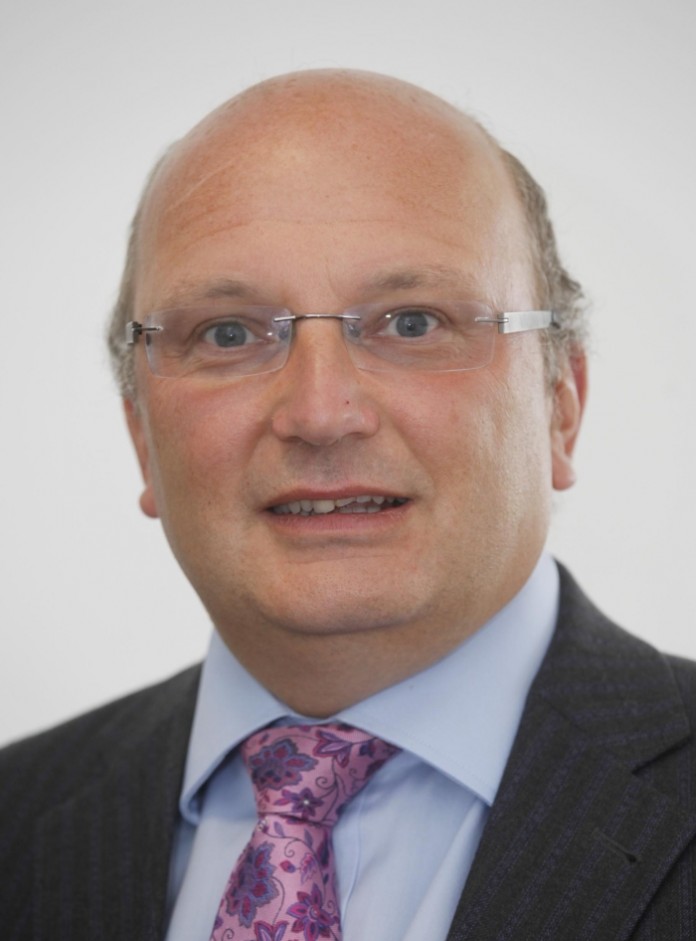
The West Midlands’ international aspirations will never be fully met until it changes its mindset, one of the region’s leading business advisers has warned.
Johnathan Dudley, regional managing partner of national audit, tax and advisory firm Crowe Clark Whitehill, said the adoption of the coming West Midlands Combined Authority (WMCA) presented the perfect opportunity to address some long standing issues.
“We need to start acting as a region that is appropriate to our Second City status or we will lose it,” he pointed out.
“We need to see joined up thinking on the development of the region. In international terms, this means investment in transport infrastructure which will generate more business.
“HS2 is only part of the solution and as this goes ahead, then we need to invest in our regional airport commensurately.
“This means a dramatic improvement to both the facilities and the services provided through Birmingham International Airport.”
“We need to see plans for a second runway put in place now, so that when HS2 connects Birmingham International rail station to London in around 40 minutes we can provide a real alternative, with the international flights that global businesses require, both to Heathrow and to other regional airports.
“This would make us a truly viable alternative to a third runway at Heathrow and could take a lot of the heat out of the debate.”
He said that it was only when you looked at what other international airports around the world had achieved in the past 20 years that you realised how far behind Birmingham and the West Midlands region had fallen.
“It is now beyond discussion. Manchester has stolen a march on Birmingham in the past two decades, both in international air travel and local development terms.
“While construction is making a welcome return to the city centre, Manchester has three times as many projects underway.
“The West Midlands Combined Authority provides the perfect opportunity to set aside parochial differences and ensure that in the coming years we tackle the issues that really matter.
“In economic growth terms, this means making our regional capital city and the region as whole, much more accessible to global markets.
“We can welcome the news that Birmingham airport has recorded its busiest ever year in 2015 – breaking the ten million passenger mark for the first time – but to put that in context Manchester handled 22 million passengers last year, with 60 airlines flying people to over 200 destinations worldwide.
“In contrast, Birmingham’s ten million passengers can fly on 50 airlines to around 140 destinations worldwide.”
And he welcomed the fact that the Airbus 380 would be flying in and out of Birmingham daily from March but cautioned that the airport management needed to take urgent action to improve ground services.
“International airports are able to handle volume. At Birmingham we still too often experience long delays on arrival, with long waits for baggage. Recently I saw one carousel being used for two simultaneously arriving flights, while three other carousels stood idle.
“We experienced a 30 minute gap between collecting one piece of luggage and another.
“In international terms, that is not acceptable, and it is in international terms that we are judged now – not on a percentage improvement recorded against the same month last year, for example,” he said.
“Improved customer service does not require more money. It requires a change in attitude to a can-do mentality rather than a roster-based approach to every problem.”
He reiterated his call for a West Midlands Combined Authority that can act with vigour on the issues that matter, issues critical to the economic growth of the region.
“Critics see the WMCA as another tier of government foisted on us by George Osborne, but actually we do need a regional governmental structure if we are to drive forward the region’s economy, with all the associated benefits in jobs and economic security that will bring,” he said.




















